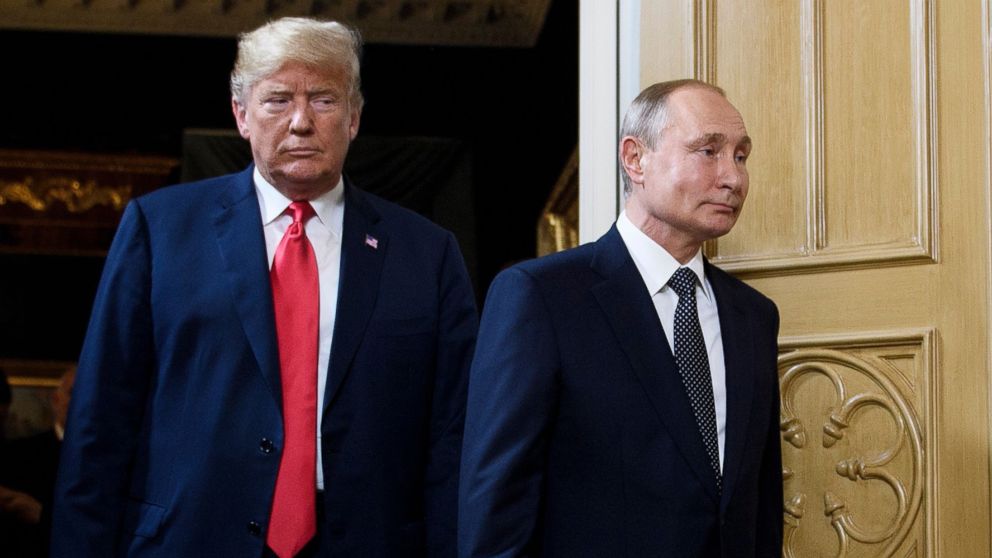
Xiao Bin, Deputy Secretary-general, Center for Shanghai Cooperation Organization Studies, Chinese Association of Social Sciences
Oct 28, 2025
The meeting was agreed upon to promote a cease-fire in the Ukraine conflict. But it was called off, underscoring the fragility of peace initiatives and suggesting that the war is likely to continue for a long time.
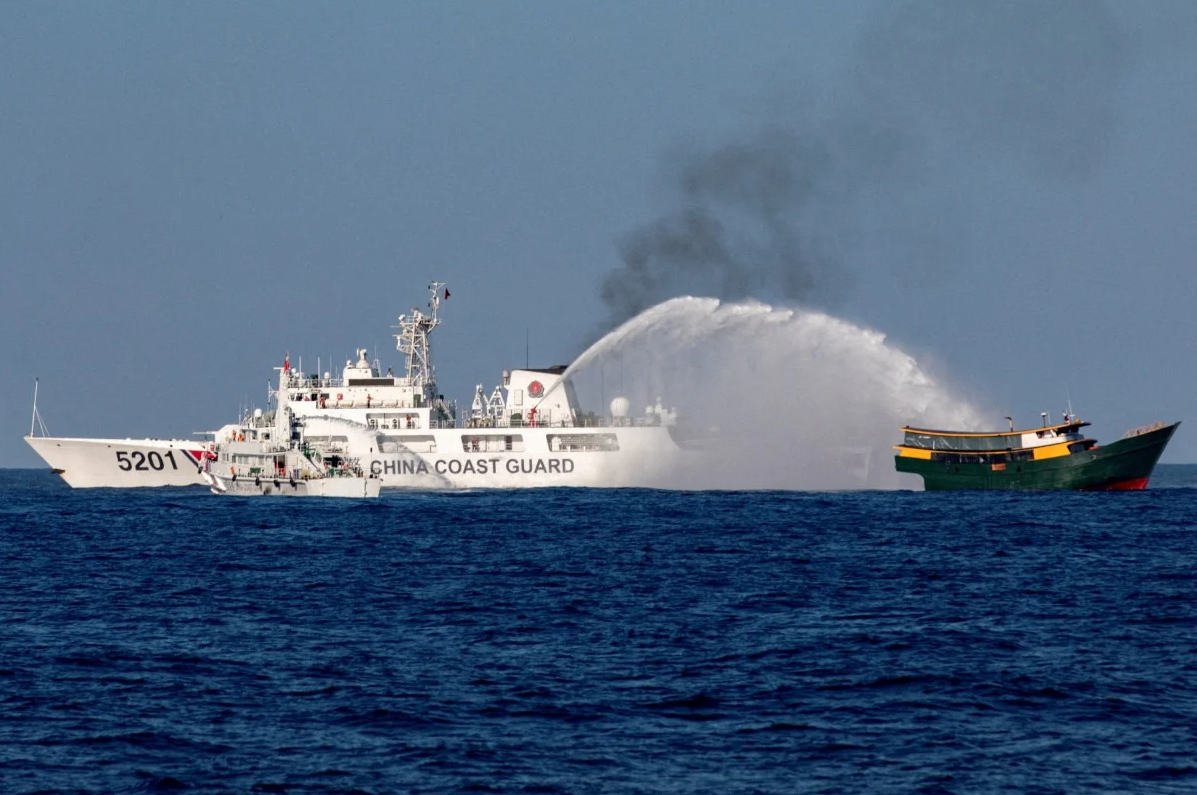
Lucio Blanco Pitlo III, President of Philippine Association for Chinese Studies, and Research Fellow at Asia-Pacific Pathways to Progress Foundation
Oct 17, 2025
The Philippines is strengthening defense ties with the United States at a time of escalating US-China rivalry. Manila aims to mitigate power asymmetry, while China’s response to its maritime neighbor reflects a deep distrust of alliances and wary of invaders which came by sea.
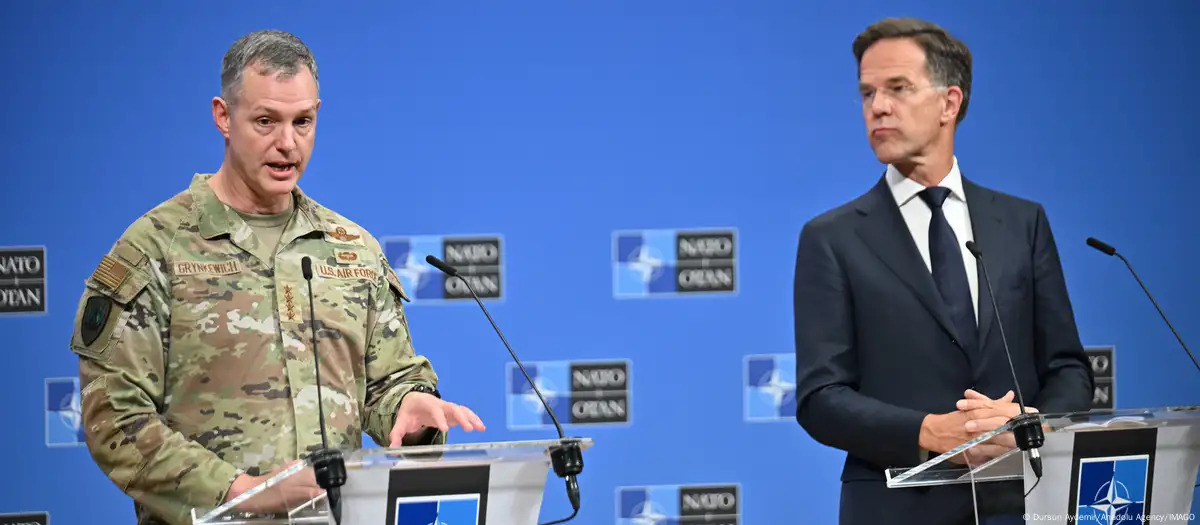
Xiao Bin, Deputy Secretary-general, Center for Shanghai Cooperation Organization Studies, Chinese Association of Social Sciences
Sep 25, 2025
NATO’s Sentinel East system puts technological and strategic prowess on display and is a landmark event in the U.S.-Russia military rivalry in Europe. It represents a new inflection point in security that adds to the complexity of the Ukraine crisis.
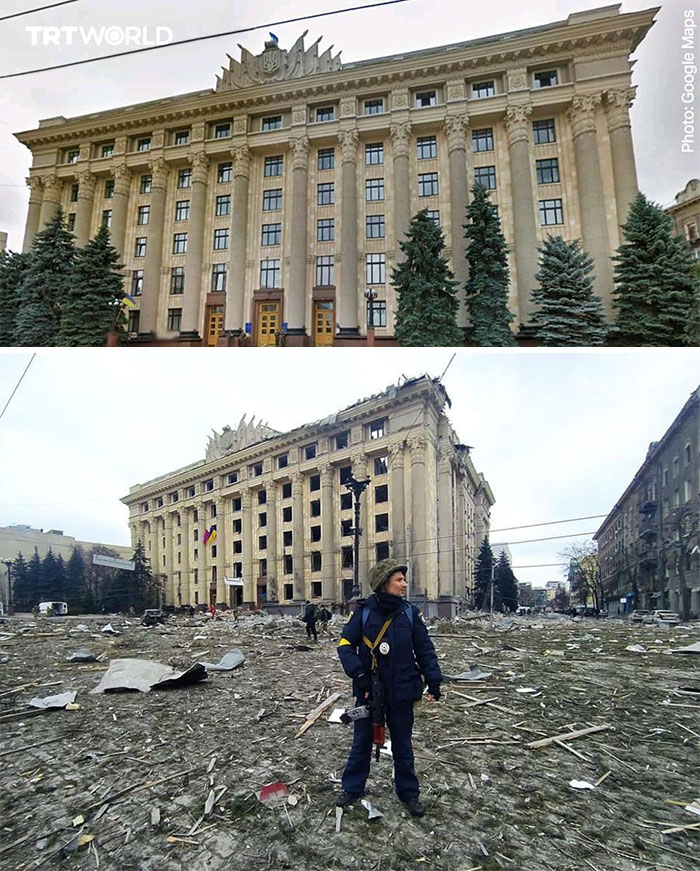
Dan Steinbock, Founder, Difference Group
Aug 28, 2025
As the endgame looms over the proxy war in Ukraine, the catastrophic costs of the unwarranted conflict continue to soar. There was an alternative future for Ukraine, based on development. But it was purposely denied.
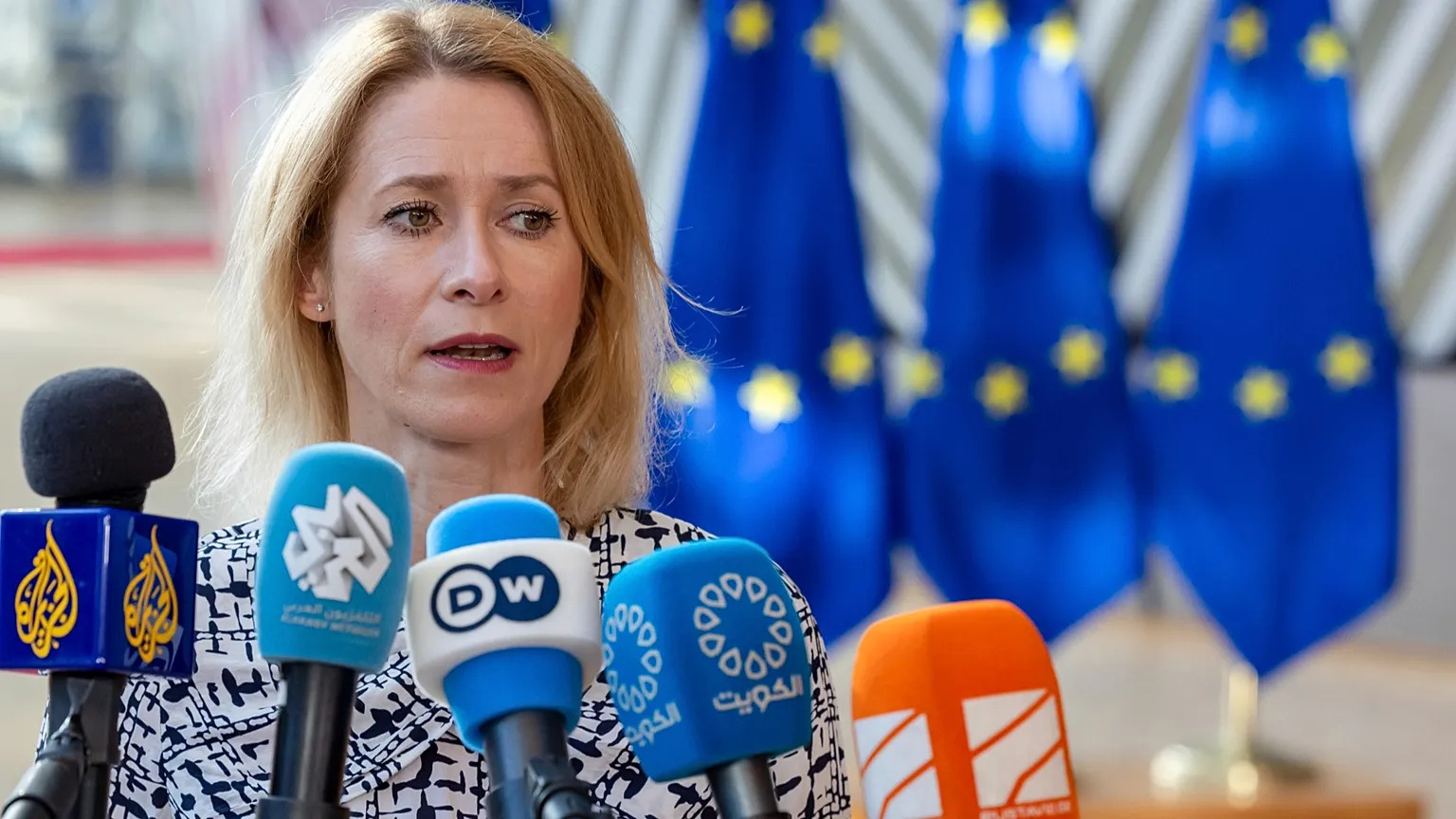
Jade Wong, Senior Fellow, Gordon & Leon Institute
Aug 26, 2025
The Alaska Summit signals a revival of major power coordination, with Europe determined not to forsake the peace dividends it has accrued over the decades. Seasoned by centuries of geopolitical maneuvering, European powers are poised to actively shape their own destinies rather than succumb to the will of others.
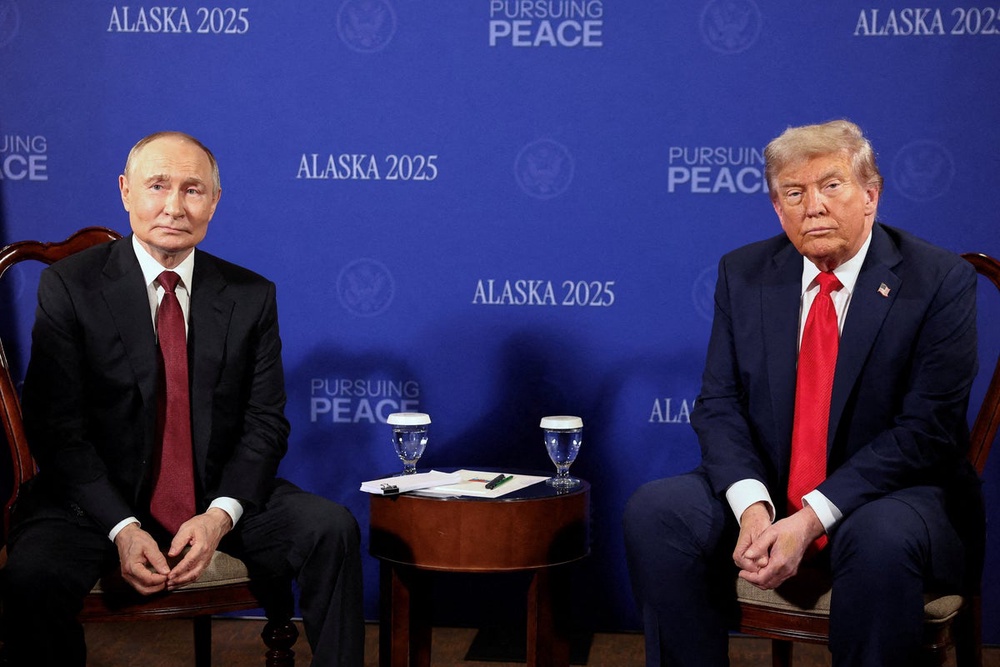
Li Ziguo, Director and Research Fellow at Department for European-Central Asian Studies, China Institute of International Studies
Aug 22, 2025
While presidents Donald Trump and Vladimir Putin both got something out of the virtual bust, Europe and Ukraine are actually relieved that they failed to reach an agreement. This not only preserves Europe’s dignity but keeps the door open for future negotiations.

Tian Dewen, Senior Fellow, Institute of Global Governance and Development, Renmin University of China
Aug 22, 2025
Actual improvement of the bilateral relationship between the United States an Russia should be helpful in ending the war in Ukraine. Virtually any effort that facilitates sustainable peace is worthy of China’s support. So the meeting in Alaska does not need to be interpreted as unproductive.

Jiayi Zhang, Researcher, Global Governance Institution
Tian Shichen, Founder & President, Global Governance Institution
Aug 22, 2025
The summit could mark a turning point in U.S.-Russia relations and lead to a rewriting of the geopolitical playbook. For China, the lesson is that it must hold fast to its principles, maintain strategic composure and pursue its interests on its own terms.
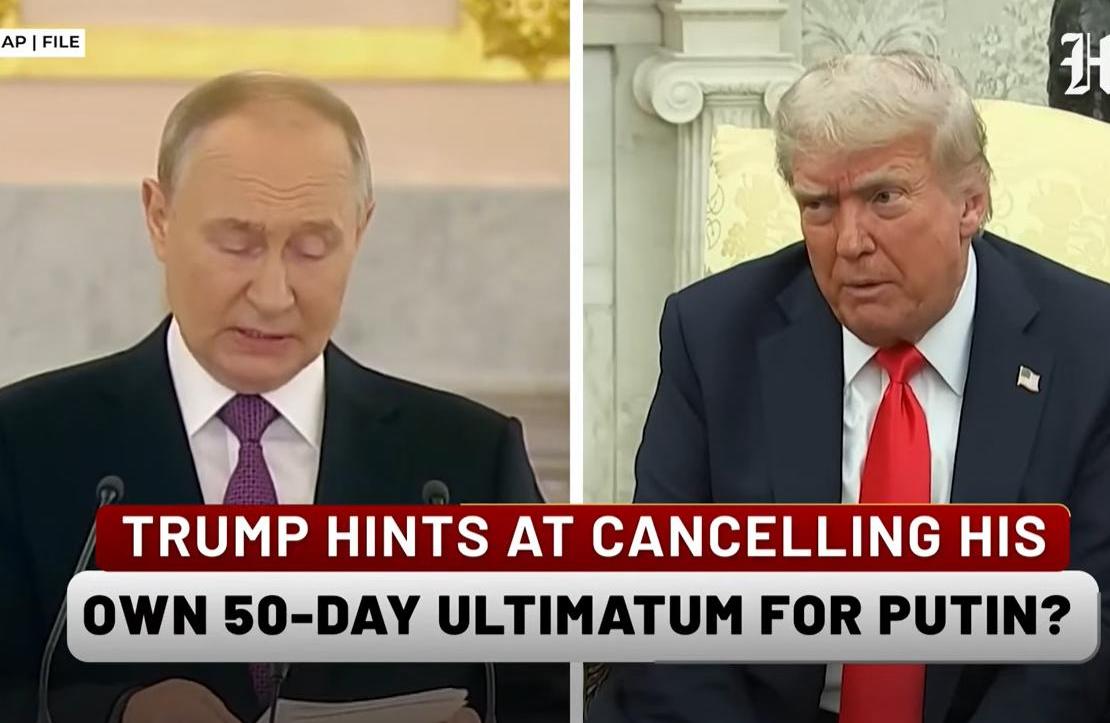
Xiao Bin, Deputy Secretary-general, Center for Shanghai Cooperation Organization Studies, Chinese Association of Social Sciences
Jul 25, 2025
Second round of Trump-Putin engagement incorporates elements of strategic deterrence but has failed to resolve the conflict. That’s because the war reflects a deeper struggle over institutions, grand strategy and competing value systems.
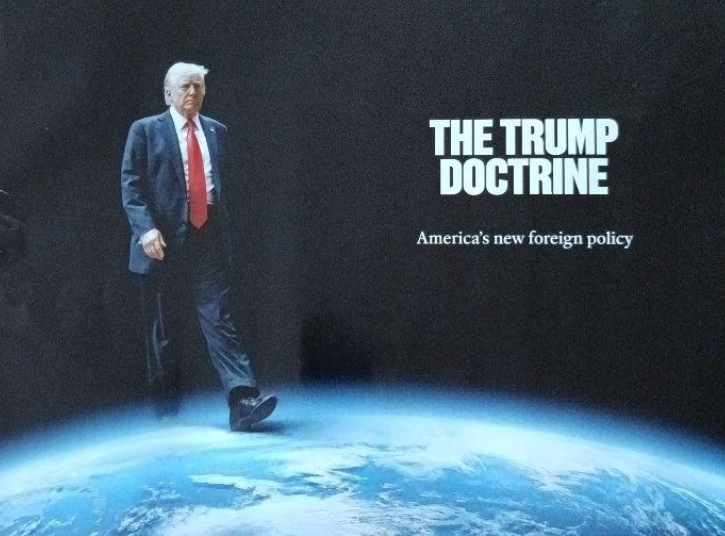
Melanie W. Sisson, Senior Fellow in the Foreign Policy Program, Brookings Institution
Jul 18, 2025
US Vice President J.D. Vance recently tried to cast President Donald Trump’s strikes on Iran’s nuclear infrastructure as a wildly successful example of the “Trump Doctrine.” According to Vance, the doctrine is simple: you identify a problem that threatens US interests, which “you try to aggressively diplomatically solve.” If diplomacy fails, “you use overwhelming military power to solve it and then you get the hell out of there before it ever becomes a protracted conflict.”
Back to Top

- China-US Focus builds trust and understanding between the U.S. and China through open dialogue among thought leaders.
- Our Offerings
- Topics
- Videos
- Podcasts
- Columnists
- Research Reports
- Focus Digest
- Stay Connected
-
Thanks for signing up!
- Get the latest stories from China-US Focus weekly.